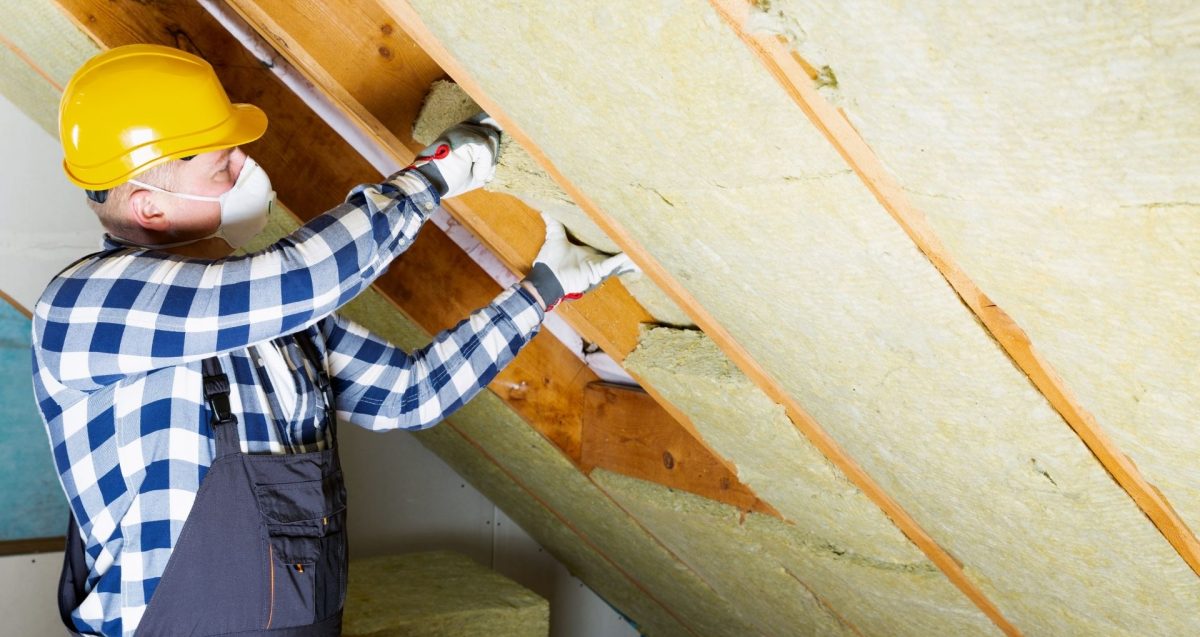No, rock wool insulation does not contain asbestos. Asbestos is a harmful mineral fiber that was used in insulation materials in the past but has since been phased out due to its associated health risks. Rock wool insulation, also known as mineral wool insulation, is made from natural rock materials, primarily basalt rock. It does not contain asbestos as an ingredient.
Rock wool insulation is considered a safe and reliable insulation material, widely used in residential, commercial, and industrial applications for its thermal and acoustic insulation properties. It is important to note that asbestos-containing insulation materials were used in the past, but modern rock wool insulation products are asbestos-free and do not pose the same health risks.
Table of Contents
ToggleIs there asbestos in rock wool?
I apologize for the previous incorrect response. It is important to clarify that historically, some rock wool insulation products did contain small amounts of asbestos. However, it’s crucial to note that modern rock wool insulation products are typically asbestos-free.
In the past, asbestos fibers were sometimes added to rock wool insulation to enhance its fire resistance properties. However, due to the recognized health risks associated with asbestos exposure, the use of asbestos in insulation materials, including rock wool, has been largely discontinued.
Modern rock wool insulation is produced without the inclusion of asbestos fibers. It is manufactured using natural rock materials, primarily basalt rock, which is melted and spun into fine fibers. These fibers are then bound together using a binding agent to create the insulation product.
To ensure safety and peace of mind, it is essential to use rock wool insulation products from reputable manufacturers that adhere to stringent quality control standards and regulations to ensure asbestos-free materials. Always check product labels and documentation for confirmation that the insulation is asbestos-free.

Is rock wool insulation safe?
Yes, rock wool insulation is considered safe when used and handled properly. Here are some key points regarding the safety of rock wool insulation:
Non-Toxic: Rock wool insulation is made from natural materials, primarily basalt rock, and does not contain hazardous substances. It does not emit harmful gases or particulates that can negatively impact indoor air quality.
Fire Resistance: Rock wool insulation has excellent fire resistance properties. It is non-combustible and can withstand high temperatures without melting or releasing toxic fumes. It acts as a barrier against the spread of flames, providing valuable fire protection in buildings.
Sound Absorption: Rock wool insulation is effective at absorbing sound waves, reducing noise transmission between rooms or from outside sources. It can contribute to creating a more comfortable and quieter indoor environment.
Thermal Insulation: Rock wool insulation provides effective thermal insulation, helping to regulate indoor temperatures and improve energy efficiency. It helps keep buildings warmer in winter and cooler in summer, reducing the need for excessive heating or cooling.
Moisture Resistance: Rock wool insulation is resistant to moisture and does not absorb water. It retains its insulating properties even when exposed to damp conditions. However, proper installation and moisture management practices should still be followed to prevent moisture-related issues.
Installation and Handling: It is important to follow proper installation guidelines provided by the manufacturer to ensure the insulation performs as intended. Additionally, appropriate personal protective equipment (PPE) should be used when handling rock wool insulation to minimize skin irritation from the fibers.
While rock wool insulation is generally safe, it is advisable to read and follow the manufacturer’s instructions and safety guidelines specific to the product you are using. If you have specific health concerns or questions, it is always recommended to consult with professionals or experts in the field.
Is Rockwool safer than fiberglass?
Rockwool and fiberglass are both considered safe insulation materials when used properly. However, there are some differences in their safety profiles that are worth noting:
Fire Resistance: Rockwool insulation is known for its excellent fire resistance. It is non-combustible and can withstand high temperatures without melting or releasing toxic fumes. Fiberglass insulation is also fire-resistant but may not have the same level of fire resistance as rockwool.
Health Considerations: Both rockwool and fiberglass insulation can cause skin and respiratory irritation if not handled with appropriate precautions. The fine fibers of both materials can become airborne during installation or if the insulation is disturbed. However, fiberglass fibers are generally thinner and more prone to becoming airborne, potentially leading to greater irritation. That said, modern fiberglass insulation products often have coatings or binders that help reduce fiber release.
Sound Absorption: Rockwool insulation typically has superior sound absorption properties compared to fiberglass. Its denser structure and composition make it more effective at reducing noise transmission, which can be beneficial for soundproofing applications.
Moisture Resistance: Rockwool insulation is resistant to moisture and does not absorb water. Fiberglass, on the other hand, can absorb water, potentially reducing its effectiveness as an insulator and creating conditions for mold growth if not properly managed.
Environmental Considerations: Both rockwool and fiberglass insulation can be recycled. Rockwool is made primarily from natural materials (basalt rock), while fiberglass is made from glass fibers. The production processes for both materials have environmental impacts, but rockwool production generally requires more energy. However, rockwool insulation often has better durability and longevity compared to fiberglass, which can contribute to reduced waste over time.
When it comes to safety, it is important to handle both rockwool and fiberglass insulation with care, following proper installation guidelines and using appropriate protective equipment. It’s also worth considering specific requirements and recommendations from manufacturers, as they can provide detailed information on the safe use of their products.



